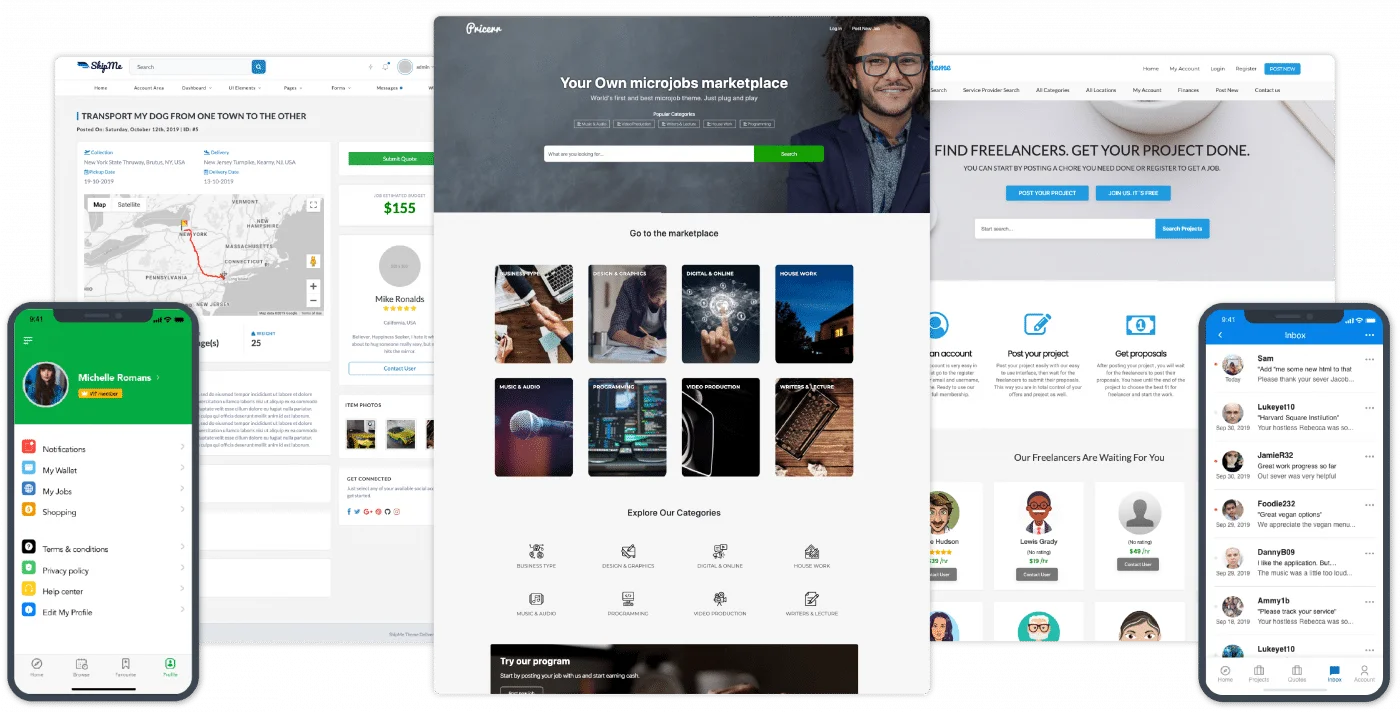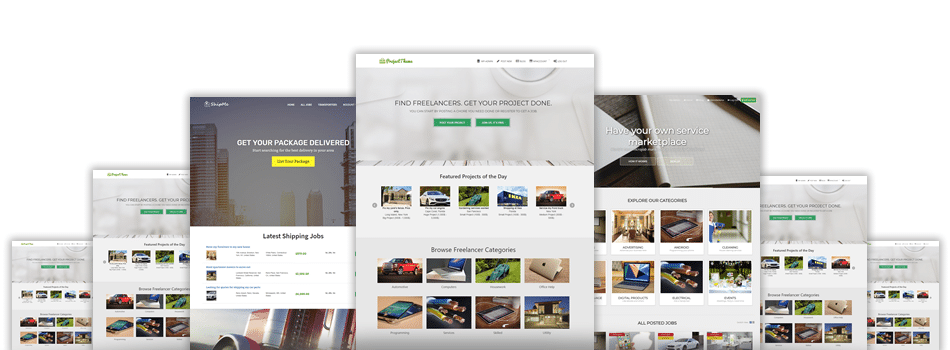Affordable Web Design Services
13+ yr of experience. Web Design Agency. SEO. Wordpress. eCommerce


Over 35,822 happy customers! Doing this for more than 13 years now.
Check out our affordable web design for small businesses and Affordable SEO Packages.
$299
Suitable for small businesses
$799
Medium Sized Sites
$1,199
Suitable for ecommerce
Our agency provides an affordable way to digital marketing for your small business. Not only that we offer the best web design, but we are obsessed by seo and website speed and together we achieve amazing results. Why not get in touch with us ?
We provide leading class and affordable wordpress hosting solutions. With an experience of more than 13 years, and 24/7 support you can be sure our hosting packages are the ones to go with. So why wait ? If you need wordpress hosting, we can deliver really fast solutions.

Launch your MVP within 15 days or less with our amazing service. Our developers will offer everything.
Need an experienced agency to build your ecommerce website ? Hire our services and develop with the pros.
Wether you need a professional seo agency or just local seo services, our team can offer the best Professional SEO packages.
Or why not try our seo services for wordpress. Or maybe you want to check our SEO North London page.










You can return the theme within 7 days, no questions asked. You can test a lot in 7 days. Pretty cool!
Usually we launch an update each month, or every 2 weeks if we have to. We can assure you we keep up to date.
Forums, email tickets and even live chat support. We also can provide whatsapp and other means.
Our themes are totally responsive and show well on all devides, tablets, phones, laptops, big screen TVs.
We can offer native apps too for iOS and Android. We provide all these within Entrepreneur packages.
If you need a custom version or changes implemented to our themes, we can do a great job on this area.
Beautiful clean code, and non encrypted lets you easily modify and enahance the features of our themes.
Our themes come packed with the most common and most popular features that a website should have.
We have all kinds of themes: classified ads theme, auction theme, car auctions theme, freelancer theme, microjobs theme, multi seller marketplace themes, ecommerce themes. We even offer woocommerce custom support.

Posted by Andrei Saioc

Posted by Andrei Saioc

Posted by Andrei Saioc

Posted by Andrei Saioc
If you have a web development project, an app, or a website to build, we are the pefect solution for your business. Our web developers, graphic designers, seo specialists, digital marketers are here to help you. And we also we are wordpress agency, woocommerce developers, and mobile apps developers. We offering complete web development services and app development and supporting local business in: Los Angeles, Perth Australia, Sydney NSW, Wordpress Agency London UK, Bradford UK, Birmingham UK, Calgary Alberta, Toronto ON, Vancouver BC, Boca Raton Web Design.
Our development team will develop your car rental platform, and we can customise every aspect of it. Prices starting from $5,999 when developing your car rental software platform with us. So start with the best car rental software development team.
Get the best custom website service for wordpress. Because we have the best team to tackle any custom project. Our developers have over 12 years of experience when working with custom theme and plugin development. Start any wordpress website with us, because we are the best wordpress development agency.
Our web design agency provides leading and award winning services for Calgary, Alberta based businesses. We develop websites, ecommerce platforms, shopify, wix, mobile apps, web apps or any enterprise software. Just outsource your project with us, and just let us build the technical solution for your next business. .
At Sitemile we see, think and breath Wordpress. Thats why we are a leading wordpress development agency London, ready to start any custom project for your online business. Either its wordpress theme development or plugin development, we handle everything. Woocommerce, SEO, Content, you name it. Everything wordpress related, our experts can handle with flying colors. Book a call today with our team..
Develop and outsource your software development project with us. Wether is a web app, or a web portal, or an app our full stack developers are here.
We can develop any type of ecommerce and enterprise website. Scale and redesign your current website with us as well.
Build any type of website or web app with us. From reactjs to nodejs, to php, to angular or any popular front-end or back-end framework.
We also specialise in doing SEO and content strategy. Our digital agency will be able to increase your organic traffic and get you in first page of Google. Web design services London
We are so good ad developing mobile apps and our customers have businesses that are thriving. Get the best mobile apps developed with us.
Freelancer marketplace theme similar to upwork or freelancer websites. Launch your own freelancer directory site.
Launch a microjobs or services marketplace website with this theme. Supports digital downloads as well. Fully featured.
Launch a classified ads website or a directory listing website. Can be for anything, like real estate, ads, cars, or anything you can think of.
Launch your own auction website, either post your own auction lots or have a multi seller auction website. Plug and play.
Get the best wp auction plugin on the market, and launch your own auction website, multi vendor marketplace fully featured.
Launch your own business listing website with the best wordpress directory theme and plugin.
With this theme you can launch your own uShip type of website where transporters and customers meet.
With this theme and plugin you can launch your own job board for various niches. Candidates and eployers with dashboards.
35.912 customers have purchased our amazing themes. Join our club membership today to have access to a ton of goodies.